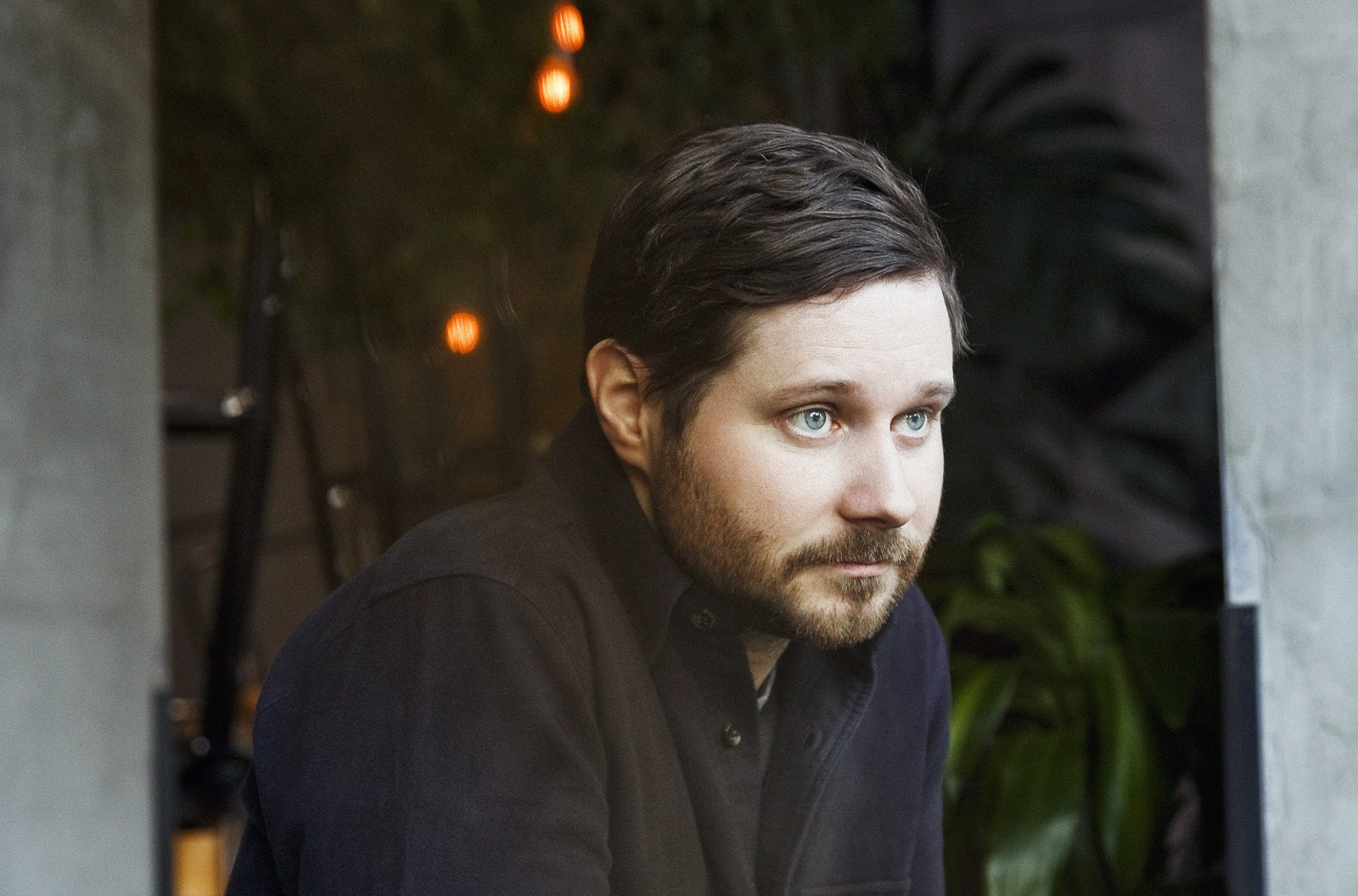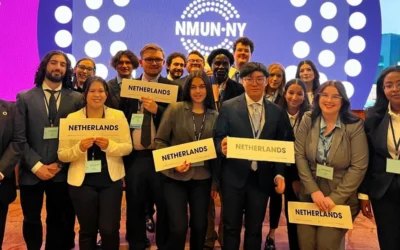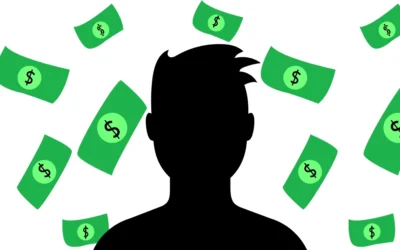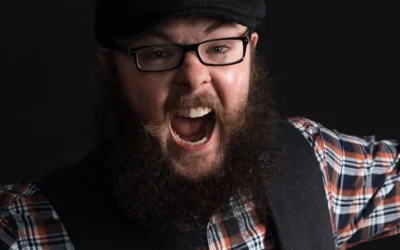Milo Knauer: A lot has happened in the 10 years since the release of your landmark album, Nice Nice, Very Nice — which you have been and will be touring for your 10th anniversary this year.
Could you have anticipated how much producing this album would change the trajectory of your career or life in general? And how does the man that made that album compare to the one you are today?
Dan Mangan: I think every time you make an album, you put these hopes into it … you hope that it will change things. You want it to crack open opportunities for you, to help you carve a life in music. That’s kind of a given for every project but the thing that you don’t anticipate is the stories that come out of it along the way.
When I made Nice Nice, Very Nice, I was thinking, “Yeah, it would be great if a lot of people heard this and I would be able to play big venues because of it,” but truly the thing that still continues to flabbergast me is hearing these incredible stories of how the songs have influenced and continue to live in people’s lives.
Especially with the access of social media, people have been so forthcoming with these detailed, articulate, thoughtful stories about how a song was played at their parent’s funeral, or how a record helped them through a very difficult period of their life. I know what other people’s music has done for me and feel like the most fulfilling and consuming part of this whole thing is the idea that there are people for which my songs have played a service for. I can’t imagine there being a more gratifying element to this whole absurd entertainment industry.
MK: Your fifth studio release and latest album, More or Less is a breath of fresh air. For past records, you’ve changed up your processes for writing and recording. How has your approach changed for More or Less and what are some avenues of sound you might explore in upcoming releases?
DM: This is the first record I made with any kind of involvement outside of Canada. I was experimenting with a new musical community. I mean, it was inevitable that there would be like a new palette of people, working with different gear and different talents. I just think I needed a change as I had produced the four previous records in the same environment here in Canada. I wanted to start a new chapter, and part of that, it just kind of made sense to work with new people.
So, that’s kind of exciting, right? It felt like when you start dating someone new. There are things that you are not used to before that is gone and you have to establish that new rapport again, so you know, it was a really exciting and exploratory time.
I think the thing that I learned the most on More or Less is that artists always need to stay in the process of discovery while making records. You can have a certain feeling or theme that you are striving for, but always try to keep flowing in the creative process. Always stay open to changes and just do what feels right in the end.
I definitely think it is one of the most exciting recordings that I have done and I am really proud of them all in different ways. More or Less really plays to the strengths of the others and kind of puts them all in one place, there are elements of it that feel like the puzzle pieces meant to fill the spaces in my collective body of work.
MK: I read somewhere that you considered staying as a ghostwriter for “Fool for Waiting” and toyed with the idea of instead introducing it to another artist such as Sam Smith to perform?
DM: When I wrote “Fool for Waiting” I was like, “Man, this just sounds just like an American love song.” There are some of my songs that are not essentially “me” at a certain point and they incorporate a particular angle of songwriting that I gravitate to from time to time.
That song could be a song by anybody, it is a very universal song. It is not like a song that is specific to my way of singing or anything like that. Initially, I thought some big stars would just do an amazing job with this. Somebody with a really great voice. I mean, I have a voice that works for me and I have learnt to use it, but I don’t have just one of those unbelievable, “You are gonna be a star, kid!” kind of voices. I don’t mean to come off as falsely humble. I just know that my voice doesn’t have the “thing” that some people like Brandi Carlile or Sam Smith do … people who just open their mouths and sound good all the time.
MK: But that makes your voice unique at the same time. It has a raw quality to it that people can feel and resonate with.
DM: I have learnt to use it and it works for me. I don’t wish I had somebody else’s voice but it just occurred to me that somebody with one of those incredible voices would just take “Fool for Waiting” and make it soar in a different kind of way. When I made my first demo of it and played it for my manager, wife, and friends, most of them told me that they actually preferred me singing it. So I gave it a go, professionally recorded it and it actually turned out pretty special. When I released it though, a part of me felt like I had to apologize for making a song that strayed from the musical style that I have become known for. It felt like I was really putting myself out there with that song, but in retrospect, it wasn’t such a big leap at all.
MK: You recently shared your personal phone number and encouraged your fans to text you, how did that go over and how many texts do you think you received?
DM: Thousands. I do have an app on my phone that helps me separate that number from my other number so I can compile that world of my text messaging in a different app than my regular messages. I basically try to take a bit of time every day to go in there and respond to people and interact on a personal level with them.
It has been amazing. I feel it can be a little overwhelming and stressful at times when I feel like I am leaving people hanging for a long period of time if I don’t get back to them. But aside from that, I love feeling connected to the people who have enjoyed my music and want to be connected with me.
I have never felt comfortable being treated like a star or a celebrity or anything like that, I always feel much more comfortable when I am just normal and human. I think that doing things like this has been such an interesting form of communication and it allows me to engage with fans in a meaningful way, which has been really cool.
MK: Last week, you recorded and played a show to a crowd of no one at the Danforth Music Hall in Toronto as the show was cancelled due to the current health crisis. What was that experience like and how will artists like you who support themselves on music develop resilience in these upcoming months?
DM: Well we played Thursday night at the Danforth and it was completely magical. It felt like it was the last hurrah or like the last waltz for us as it was looking like the second Friday night show would have to be cancelled for everyone’s safety.
After the show, I think we were all thinking “How long is it going to be before we can gather and experience this again?”
By Friday morning it was really clear that we couldn’t do the show that night. All of our gear was set up exactly as it was the night before. As we began to tear down our gear that evening, my drummer (Don Kre) had the brilliant idea for us to play the show anyway and just film it. Everything then unfolded really quickly and within the hour we had a full team together to produce the thing.
I have to say that I didn’t expect to end up receiving such a positive response from the video or to feel so much joy when it actually aired. I got the same adrenaline rush and happiness that comes from performing … only three days later while releasing it online and chatting with my fans, which was kind of amazing.
There were a lot of people who commented on it saying that comforted them in these uncertain times where many of us are feeling lonely or isolated and that it offered a nice little distraction from reality or that it allowed them to feel connected to each other again, even if for a short time.
I really appreciate the moments where creativity opens up room for spontaneous things like that to happen.
MK: I feel like songs such as “Just Fear” on the new album reflect on these anxieties that many people are now holding in society. What was your frame of mind during the creation of this song and if you had some advice to share with people during these turbulent times what would it be?
DM: When I wrote that song, my second son had just been born and Trump had just been elected. So, at this same time that this incredibly beautiful thing was happening, there was also something really scary going on in the world.
Songwriting has always been therapeutic for me. When I can articulate my thoughts and fears into lyrics and melodies, it just alleviates me of their burden and I can then let them go.
So when I write and release something, it feels like I am sending it out into the world like a smoke signal. Someone can then see it and realize that they feel the same way that I do. Because of that sending and receiving process, both of you now feel less existentially alone, which is really kind of beautiful.
MK: You recently covered Neutral Milk Hotel’s “In the Aeroplane Over the Sea,” which is also a song that is close to my heart. I am curious to know what artists or performers have inspired you and shaped your musical identity as a whole?
DM: Certainly that record by Neutral Milk Hotel, that song is just a phenomenal piece of work. It is so damn influential and inspirational. Although, my favourite band without question is Radiohead. I feel like they are not even playing on the same level as other musicians. I think that at times my music has taken on a slight Radiohead edge, but I think if you are describing my music, Radiohead would definitely not be the first band that would come to mind.
What I respect about them the most is that it feels like they have been accidentally popular their whole life. They have just been so focused on their work on making interesting, thoughtful and innovative music and their popularity just like a natural consequence of their dedication to their craft rather than striving to be famous.
I think that it is so important to have examples of people who inspire you to be better as an artist. Radiohead has always been that artistic north star for me.
MK: I feel like Radiohead might have influenced your Club Meds album with Blacksmith?
DM: Definitely. There are a lot of dark, industrious songs on that record that reverberate with a Radiohead nature. Songs like “War Spoils” particularly could feel like they could come from a Henry and Bow’s era of Radiohead.
MK: You’ve been working on a new app called Sidedoor, which is designed to help touring artists’ book gigs at off-the-radar, DIY venues. Can you tell me a little more about how you got this project off the ground and the feedback you’ve received?
DM: It is like Airbnb for gigs, in which any space can be a venue. Back when I got my start as a musician, I had my first gig in Calgary at a friend’s house. Four people were there. When I came back to Calgary a couple of months later, 60 people were there … all friends of the owner and it really blew my mind. It made me realize that I don’t need a venue, I just need Doug. And I need a friend like Doug in every city.
The concept always stuck with me, so Sidedoor was an inevitable thing for me I feel. Venues are really hard to run and keep alive. Most touring acts don’t have an agent and are usually scrambling for gigs. So at all levels, people are underserved. If you live in the suburbs, you are underserved locally by the acts and you have to go into the major urban centres to experience it. There has always been this disconnect between these two communities and what Sidedoor aims to do is to put them all together.
The turnover has not been exactly well-timed for us with this new pandemic, but we are figuring out how we can help at this time and in this moment. Taking it day by day. As the dust settles between now and getting back to being able to go to things like Coachella and huge events like that, there is going to be a middle ground that needs help. I think Sidedoor can really contribute as we get to start to get comfortable with gathering again, but in small numbers. I think it can be a really powerful tool for both artists and promoters at this level.
MK: I think that is all I have for my questions Dan …. I really appreciate you taking the time to talk with me today and looking forward to your show at the Winspear in Edmonton here in the fall, whenever it will be.
DM: We are looking at a tentative date for our rescheduled show for Sept. 23, 2020.
MK: Looking forward to it my friend.
DM: Thank you so much, Milo. It was great talking with you. Take care and we will see you in Edmonton in the fall!





0 Comments